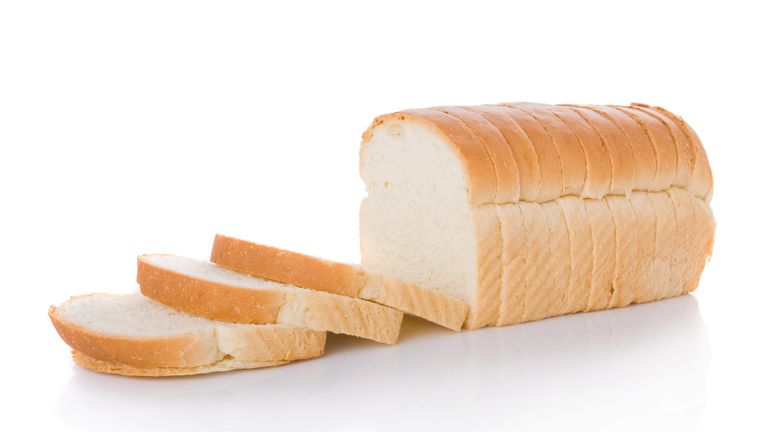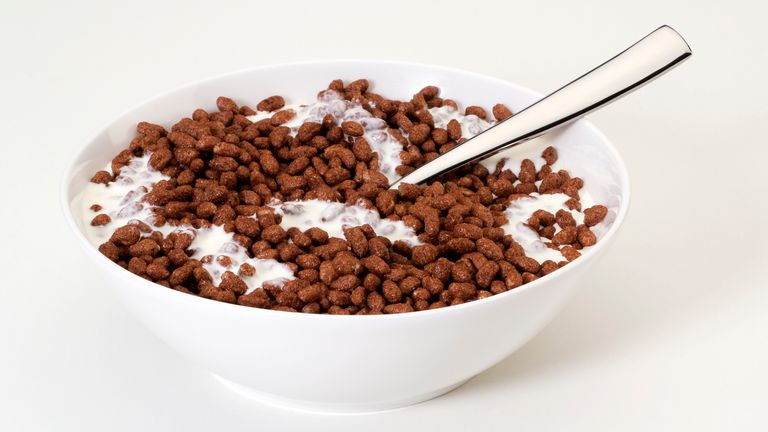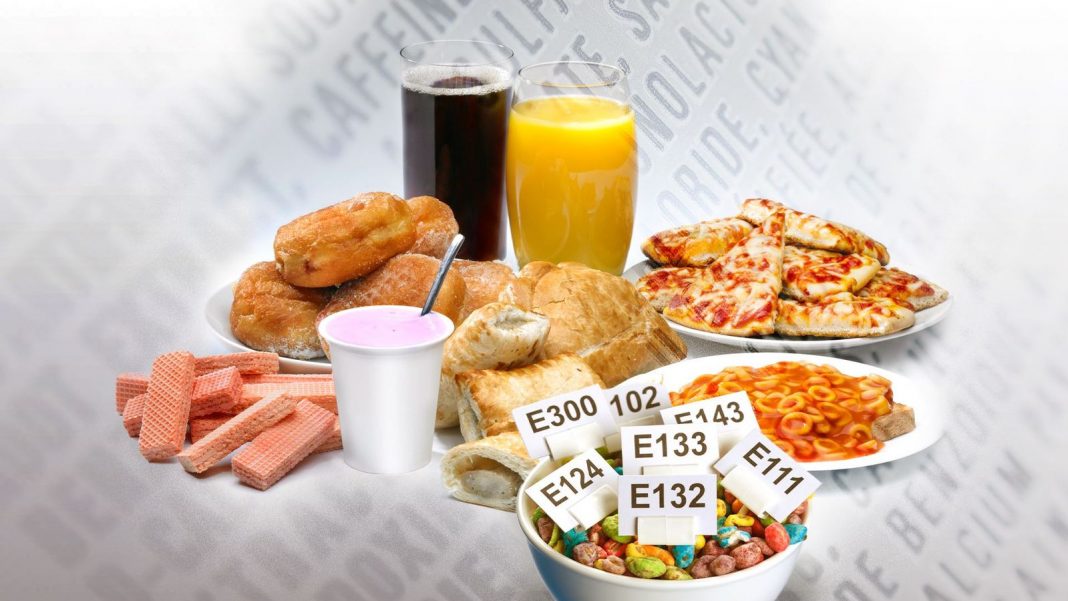Ultra-processed foods (UPF) may increase the risk of high blood pressure, heart disease, heart attacks and strokes, two new studies have found.
One of the presentations to the European Society of Cardiology in Amsterdam suggests consuming things like breakfast cereals, fizzy drinks and fast food could increase the risk of cardiovascular disease by almost 25%.
Ultra-processed foods are generally defined as those that typically have five or more ingredients and include additives and ingredients that are not generally used in home cooking.
What do the studies say?
A team of researchers from the University of Sydney studied how increased consumption of UPF affected more than 10,000 middle-aged women over the last 15 years.
They found that those with the highest proportion of UPF in their diet were 39% more likely to develop high blood pressure than those with the lowest, The Guardian reported.
The second study, by researchers at China’s Fourth Military Medical University, found those who ate the most UPF were almost 25% more likely to suffer from a heart attack, stroke, or angina.
Increasing the intake of UPF by only 10% caused the risk of heart disease to jump significantly, they added.
Those with less than 15% of UPF in their diet were least likely to suffer from heart-related medical problems.
While researchers said there was a “non-linear relationship between UPF consumption and cardiovascular events”, they added: “Heavy UPF consumption was significantly and positively associated with increased risk of cardiovascular events.”

Mass manufactured bread can count as ultra-processed
What are UPFs?
It is estimated that more than half of British diets are made up of ultra-processed food – items which have gone through a series of industrial processes, and may contain preservatives.
According to the British Heart Foundation, they often contain high levels of saturated fat, salt and sugar.
That means there is “less room in our diets for more nutritious foods”, the BHF says.
Ultra-processed foods include: Fizzy drinks, chocolate and sweets, hot dogs, sausages, hamburgers, meatballs, instant soup and noodles, ready meals, margarine and spreads, meal substitute shakes and breakfast cereals.
Some seemingly ‘natural’ UPFs
Most of the bread or buns in a supermarket bread aisle, cereal bars, fruit yogurts and ready-to-heat products. Like pre-prepared pies and pizzas, they may all seem pretty harmless when you view them on the supermarket shelf, but they actually qualify as ultra-processed.
That is because they may contain extra ingredients added during production, such as emulsifiers, sweeteners, and artificial colours and flavours.
Processed foods: Tends to be products with a few extra ingredients – typically made by adding things like sugar, oil and salt to unprocessed food. They include: canned fruit and vegetables, salted or sugared nuts and seeds, salted, cured or smoked meats, canned fish, fruit in syrup, cheese and handmade bread.
Unprocessed or minimally processed foods: Fruit, vegetables, pulses, rice, seeds, pasta, eggs, fresh meat, fish and milk.
How to eat healthily
The best way to get your nutrition is via fresh, unprocessed food, cooked from scratch.
A Mediterranean diet is often cited as healthy. It is recommended by the British Heart Foundation because it contains plenty of “minimally or unprocessed foods such as fruit, vegetables, fish, nuts and seeds, beans, lentils and wholegrains”, said dietitian Victoria Taylor.
Read more on Sky News:
Ultra-processed food linked to early death, studies find
Do you know how much salt you should be eating?
Bringing cake to office ‘as harmful as passive smoking’

Some breakfast cereals are classed as ultra-processed
What do experts say?
Former government food adviser Henry Dimbleby said the results should be a “wake-up call” for the UK.
“If there is something inherent in the processing of foods that is harmful, then that is a disaster,” he told The Guardian.
“Britain is particularly bad for ultra-processed food. It is storing up problems for the future. If we do nothing, a tidal wave of harm is going to hit the NHS.”
Dr Chris van Tulleken, a TV doctor who has written a book on UPF called Ultra Processed People, said the studies were “entirely consistent with a large and growing body of work showing that increasing consumption of UPF is associated with an increased risk of cardiovascular disease”.
He added: “Almost every food that comes with a health claim on the packet is UPF.
“There is now significant evidence that these products inflame the gut, disrupt appetite regulation, alter hormone levels and cause myriad other effects which likely increase the risk of cardiovascular and other disease much in the same way that smoking does.”







